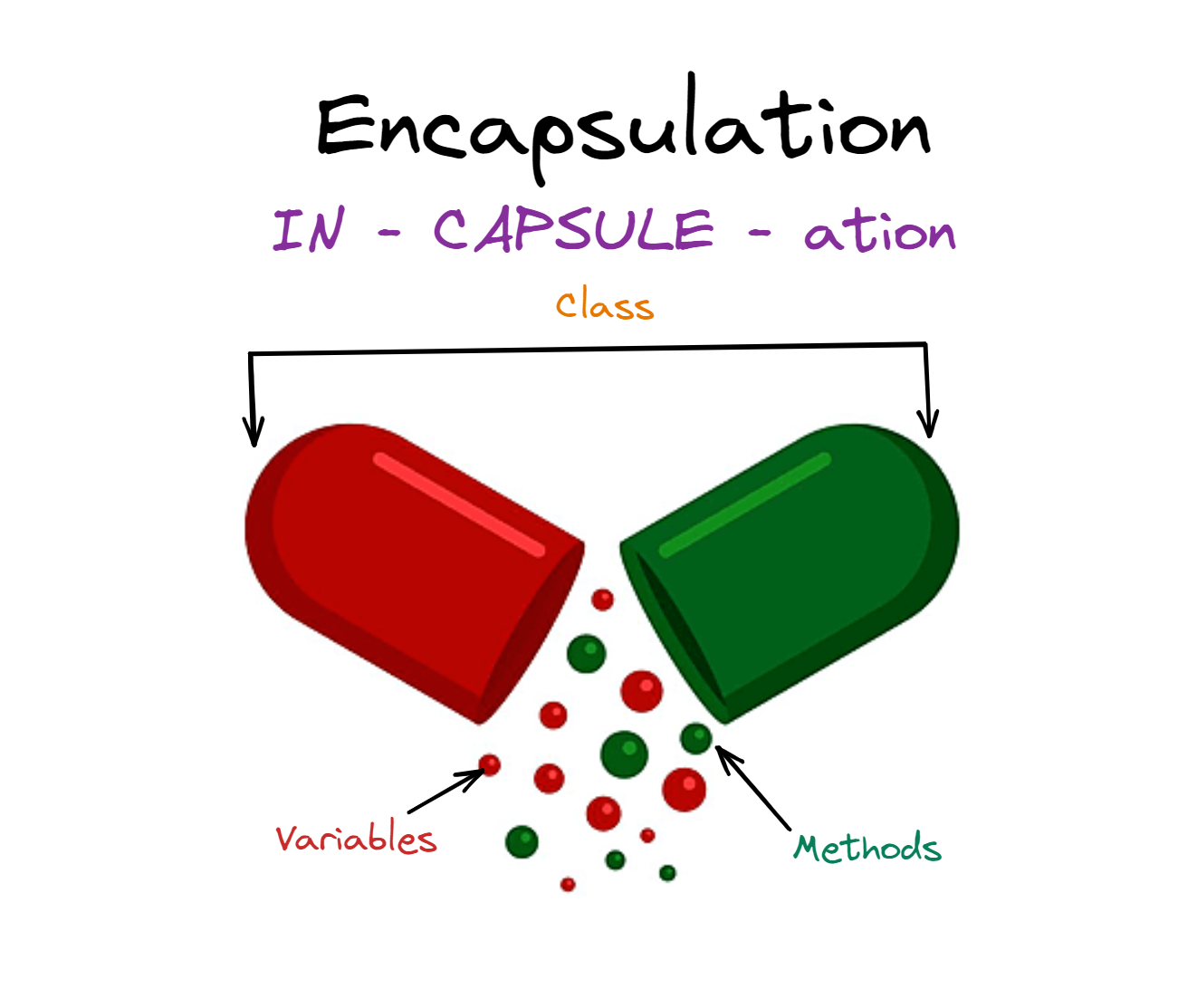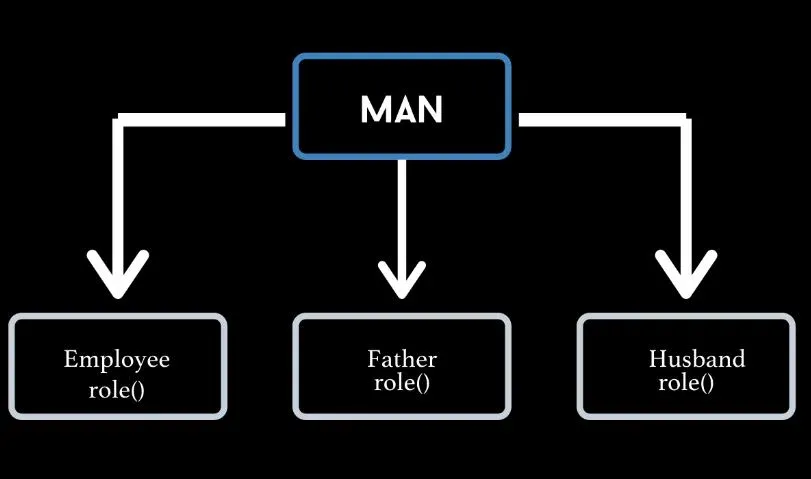Let's build a simple system that a Kenyan tour company might use to manage safari bookings:





